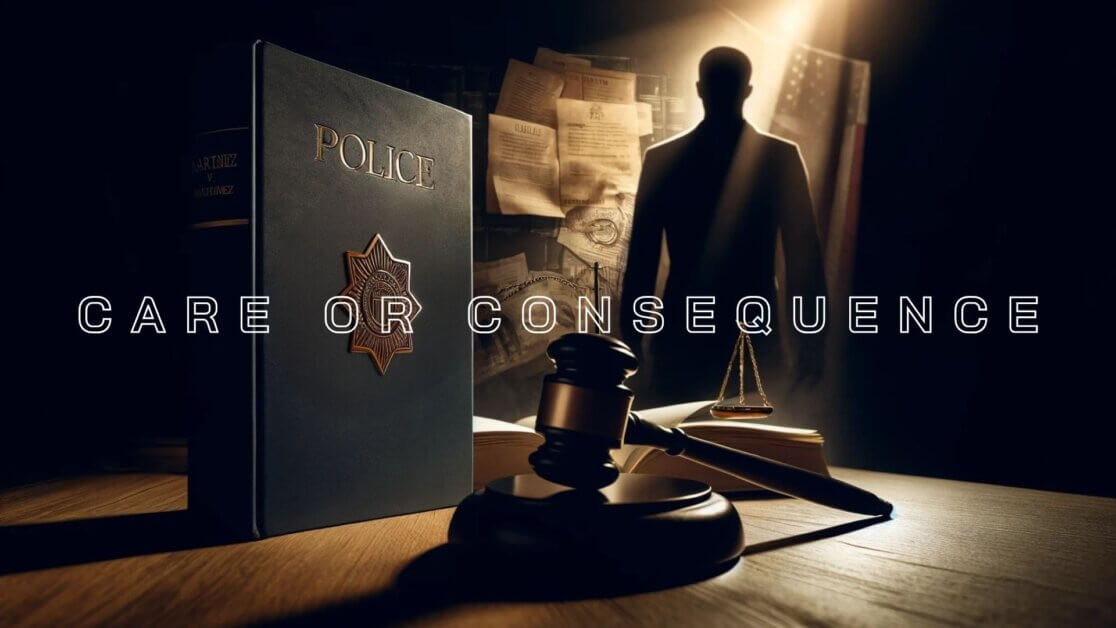The Ninth Circuit Navigates the Thin Line Between Excessive Force and Family Rights in Waid v. County of Lyon
The Ninth Circuit Court of Appeals has recently rendered a decision in the case of Waid v. County of Lyon, a case that centers on claims of excessive force used by two law enforcement officers. This case emerged from an incident involving the officers’ response to a 911 call reporting domestic violence, which tragically resulted in the shooting of Robert Anderson. This case arose […]


